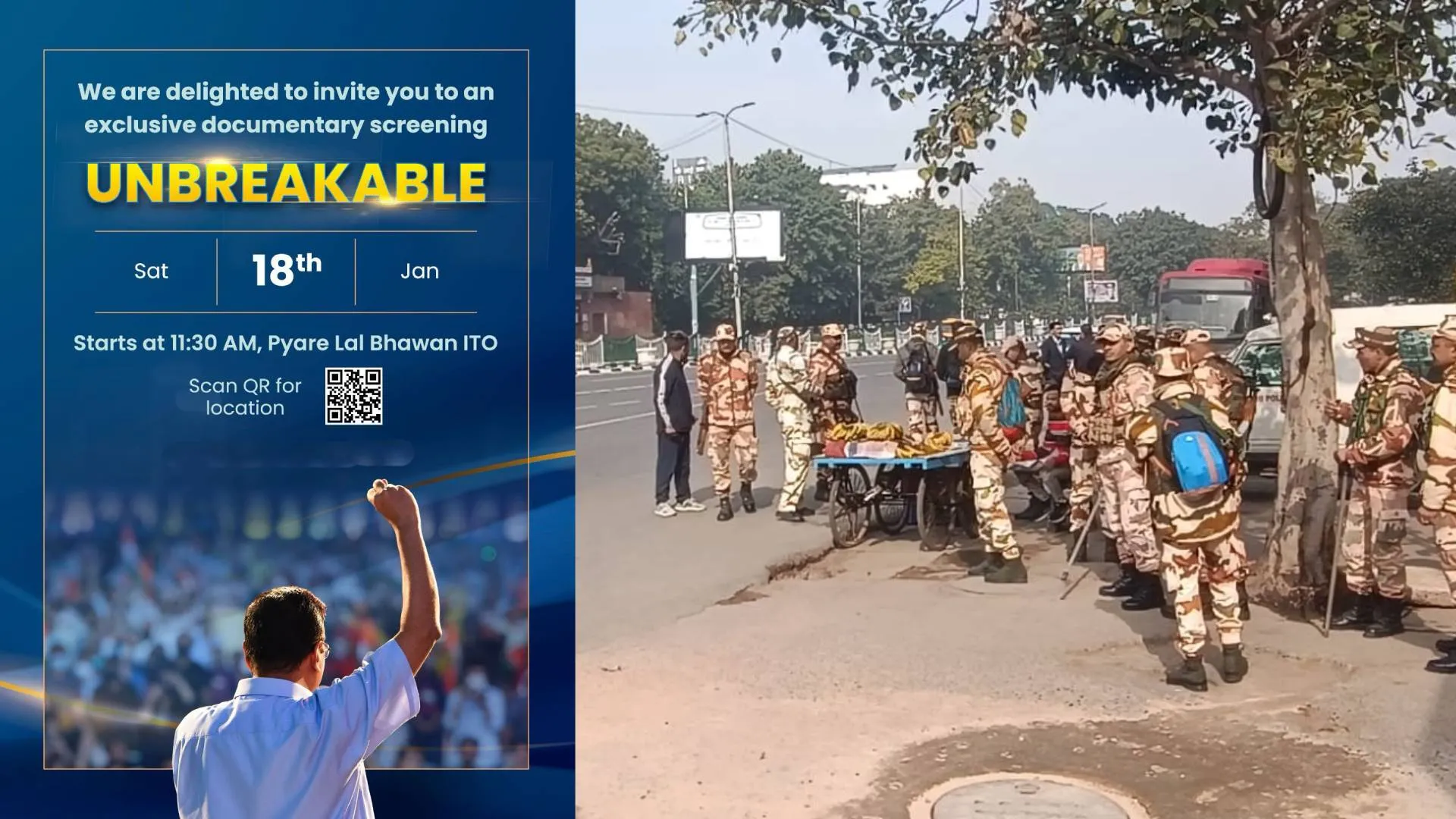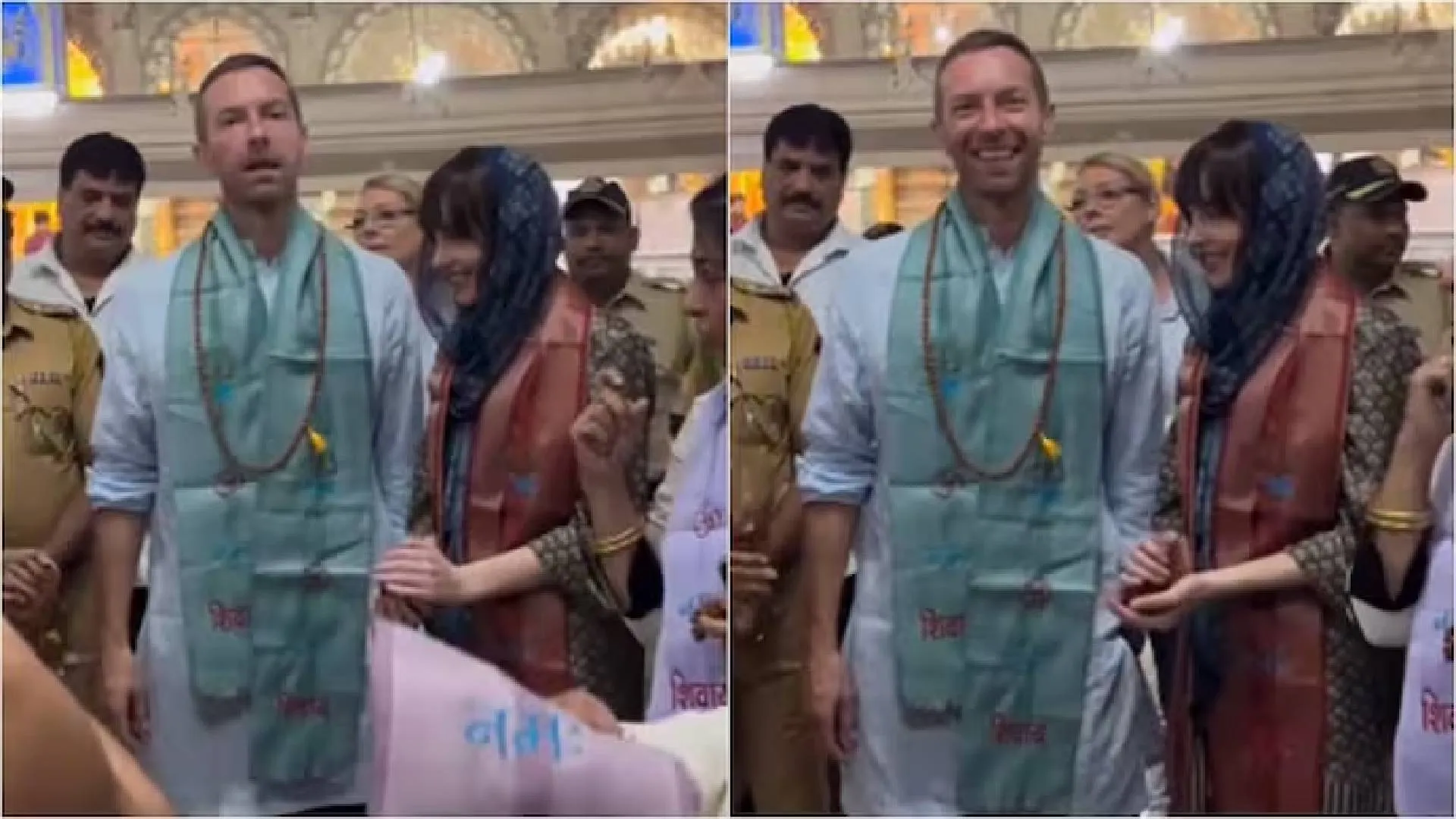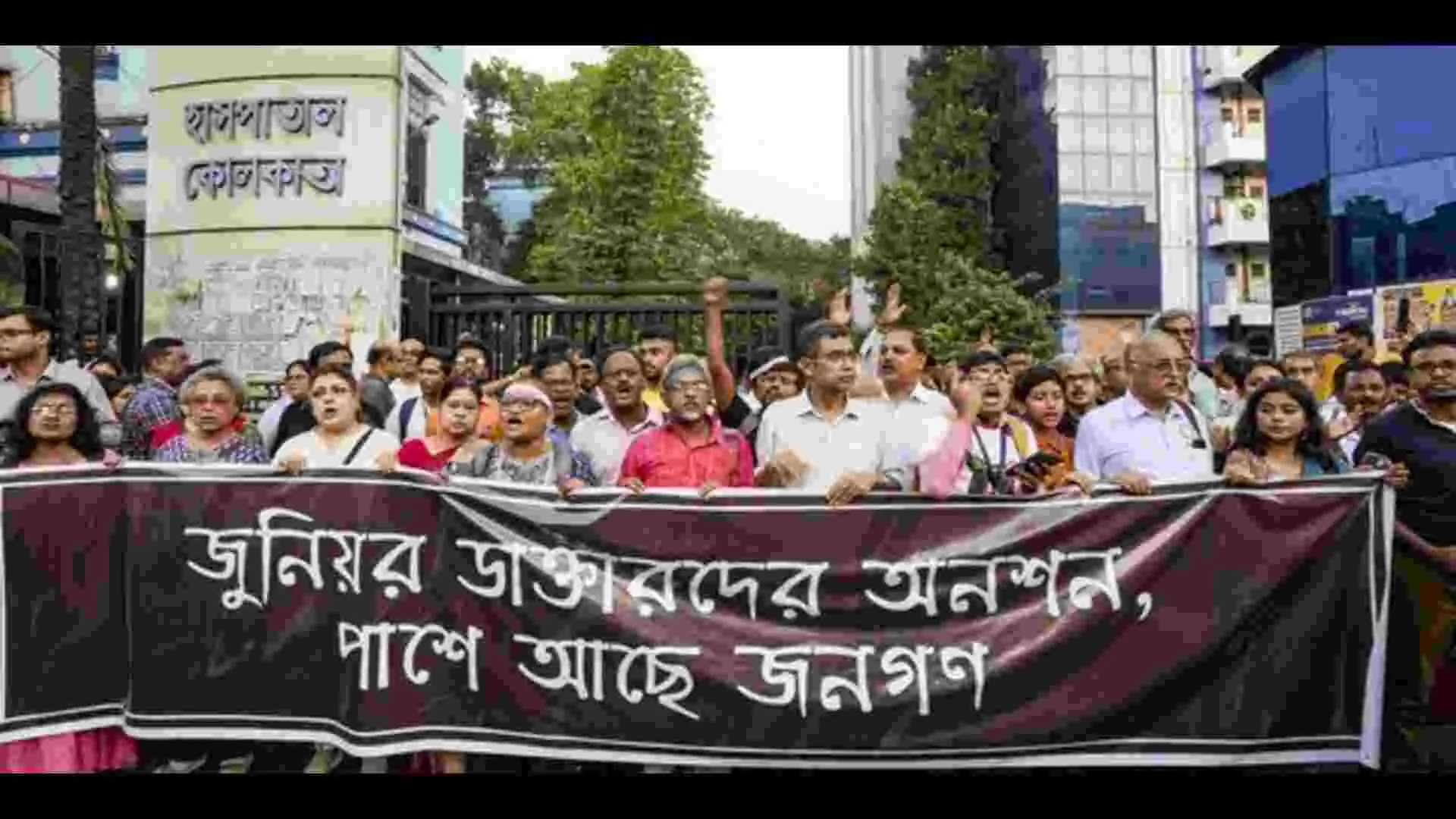The Supreme Court in the case Jamiat Ulama E Hind v. State of Uttarakhand observed and has made an absolute he interim stay on the order of the Uttarakhand High Court banning religious outfits or bodies and the statutory panchayats or the local panchayats, the group of people in the state from issuing ‘fatwas’ or the similar diktats.
The bench headed by Justice Ajay Rastogi and Justice Bela M. Trivedi in the case observed wherein a special leave petition was being filed by one Jamiat Ulama-I-Hind. Therefore, the Apex Court in the year 2018, stayed the operation of the order of the High Court of banning Fatwas Absolute.
The High Court observed while passing the order that Fatwa is nothing but extra-constitutional adventurism, this “fatwa” being against the letter and spirit of the Constitution. Thus, the panchayat had the audacity to extern of the family from the village, instead of sympathising with the rape victim.
The petitioner in the plea relied upon the judgement of the Apex Court in the case Vishwa Lochan Madan v. Union Of India And Ors, to argue that a blanket ban on fatwas was being unsustainable.
Further, the petition also pointed out that the High Court relies on a news report, wherein it used the word “farman” and not “fatwa”.
It is being asserted besides that Darul Ifta (fatwa council) or Mufti is authorized to issue fatwas.
It has also been submitted before the court it being only authorized and well qualified person is competent to issue fatwa. i.e. Darul Ifta (the fatwa council) or Muftis are jurists who being qualified to give an authoritative opinions as per Shariat law known as fatwas. Therefore, the Jurist who are being capable of giving, upon request, an authoritative although nonbinding opinion (fatwa) on a point of Islamic law. The opinions are generally based on precedent and compiled in legal reference manuals; thus, the candidate is conferred degree of Mufti after he successfully completed the comprehensive course in Islamic Jurisprudence which takes up to 8 years to 10 years in completing the same.
Before the court, it has also been argued that the order of the High Court will perpetuate an “irreparable loss” on the community as Muftis who will not be able to issue fatwas in cases where such fatwas are urgently required.
















